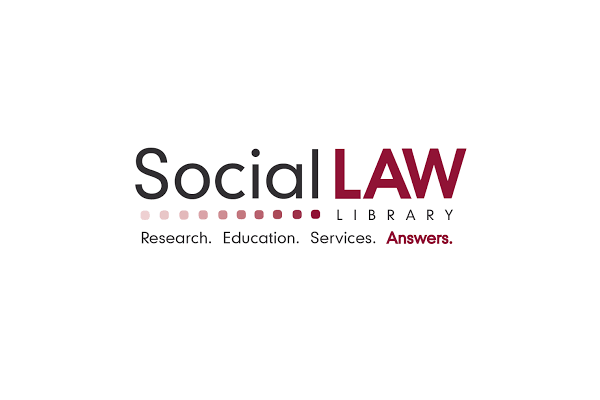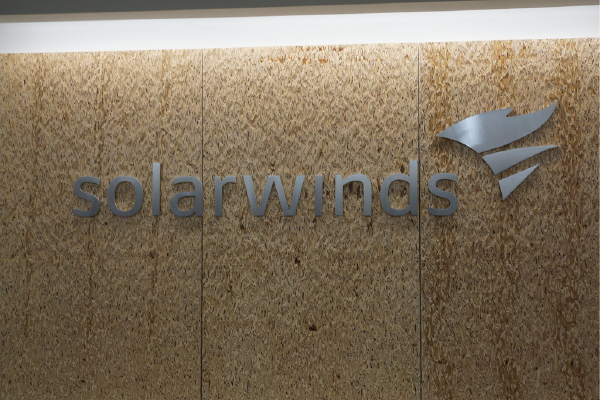Here we are at the time of year when we are occasionally reminded to be grateful (perhaps superseded, these days, by reminders that true fulfillment requires cars, jewelry, or smartphones). And of course the recommendation for an “attitude of gratitude” has long been a prominent recommendation for a sane way of life in 12-step groups. All very nice, but what does it offer the hard-headed professional, such as a lawyer well trained in finding the holes in any argument?
Now there is a growing body of systematic psychological inquiry into “the grateful disposition,” notably in the lab of UC Davis professor Robert Emmons, author of books such as The Psychology of Gratitude (Oxford University Press). He has found, for example, that people who kept gratitude journals reported fewer physical complaints, made more progress toward personal goals, and were more attentive, optimistic, generous, and energized.
Dr. Emmons’ colleagues/collaborators in the field of gratitude include Michael McCullough, PhD of University of Miami and Jo-Ann Tsang, PhD of Baylor University. If you’d like to self-administer the Gratitude Questionnaire (GQ-6) that they developed, find it here.
Jeff Fortgang, PhD
Related:
Balanced Gratitude: Consolations & Desolations (LCL MA Blog)
The Secret to Happiness: Gratitude (LCL MA Blog)
Free & Confidential Consultations:
Lawyers, law students, and judges in Massachusetts can discuss concerns with a licensed therapist, law practice advisor, or both. Find more on scheduling here.



